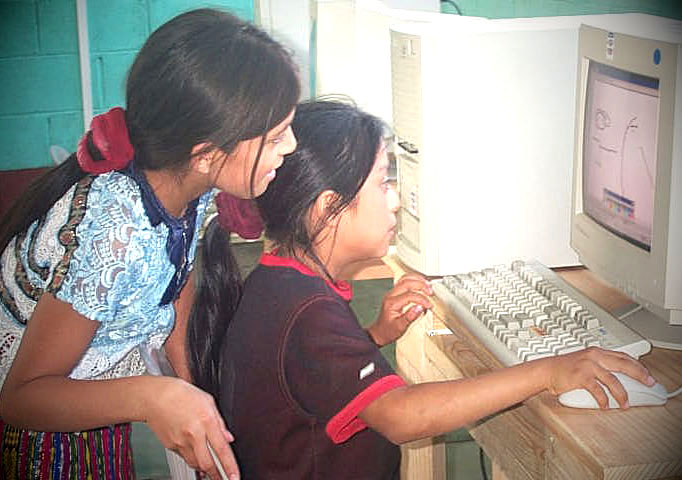Monterrey Institute of Technology
Leadership–the key to success at the Monterrey Institute of Technology (Monterrey Tech) since 1943, when founded by a group of businessmen lead by Eugenio Garza Sada. Their vision was to create a base in human resources that promoted development and growth of the industrial sector in Monterrey. The engineering and scientific talent produced at the Monterrey Tech has made Monterrey the best city in Latin America for doing business. With a reputation for academic excellence, the Monterrey Tech is currently the largest private university in all of Latin America and fully accredited in the U.S. by the Southern Association of Colleges and Schools. It consists of 30 campuses in Mexico, nearly 85,000 enrolled students, and a faculty of approximately 6,000 professors. A presence felt throughout Latin America, the Monterrey Tech extends educational services to 9 other countries in the region via the Virtual University. Its mission is to educate students to become individuals committed to the social, economic and political development of their communities and internationally competitive in their professional fields; and to carry out research and extension services, relevant to Mexico's sustainable development.
Virtual University, Monterrey Tech
The Virtual University is an institution of higher education that offers undergraduate, graduate and continuing education programs through innovative educational models and the most advanced telecommunications and computer networking technology available. Helping students worldwide to generate knowledge and develop skills, the Virtual University has changed paradigms from professor-centered learning to a group-learning process, where students learn to learn. The professor designs cases, exercises and activities that facilitate team work and encourage students to learn pro-actively. Under the Virtual University's teaching model, students acquire useful knowledge as well as the ability to transfer this knowledge to their workplace.
By using diverse technologies such as satellite, Internet, video-conferences and multimedia, the Virtual University delivers, through its more than 1,000 receiving centers in Mexico and Latin America: 7 undergraduate degrees, 18 master degrees, one doctoral degree, business programs and social development programs. Several programs can be taught in English or Spanish. A description of all programs, including details regarding degree requirements, number of credits required, and other features can be found on their Web site by clicking on "Programas Educativos".
The Business Channel of the Virtual University (UVE: Universidad Virtual Empresarial)
An educational organization whose mission is to improve people's competences at work to from enduring, competitive and environmentally friendly companies. To achieve this mission, the UVE offers seminars, short courses, conferences and special events oriented to cover the needs and trends of the business market in fields such as finance, marketing, productivity, organizational culture and computing, among others.
Tec.com.mx
The first site in Spanish dedicated to teaching through the Internet, was designed by educational technology experts from Monterrey Tech to meet specific learning needs. It offers personal and professional growth through undergraduate programs, graduate programs, short courses and seminars.
Social Development Programs
These programs are oriented to government employees, non-profit organizations, journalists, and teachers from K-12 institutions in Mexico and Latin America.
- Educational programs Satellite On-line
- Custom programs: Focused on specific needs of the company. * *
- Continuous education: Courses and seminars focused on developing general and specific abilities. * *
- Graduate courses: In the fields of management, finance, international business, marketing, electronic commerce, engineering, information systems and education. * *
- Undergraduate courses: In the fields of industrial engineering, information systems, business administration, accounting, international business, and marketing. *
- Social development programs: Focused in the needs of diverse sectors of society (non-profit organizations, government employees, journalists, K-12 teachers.) * *
- Community learning centers: Provide rural communities access to educational programs. *

